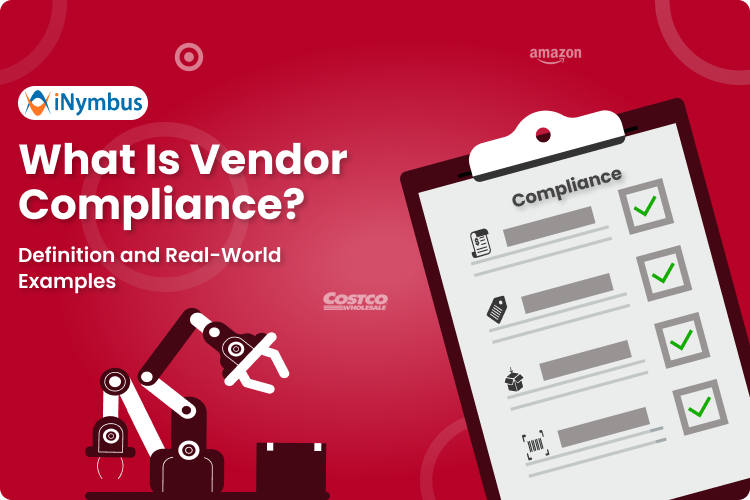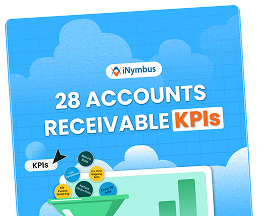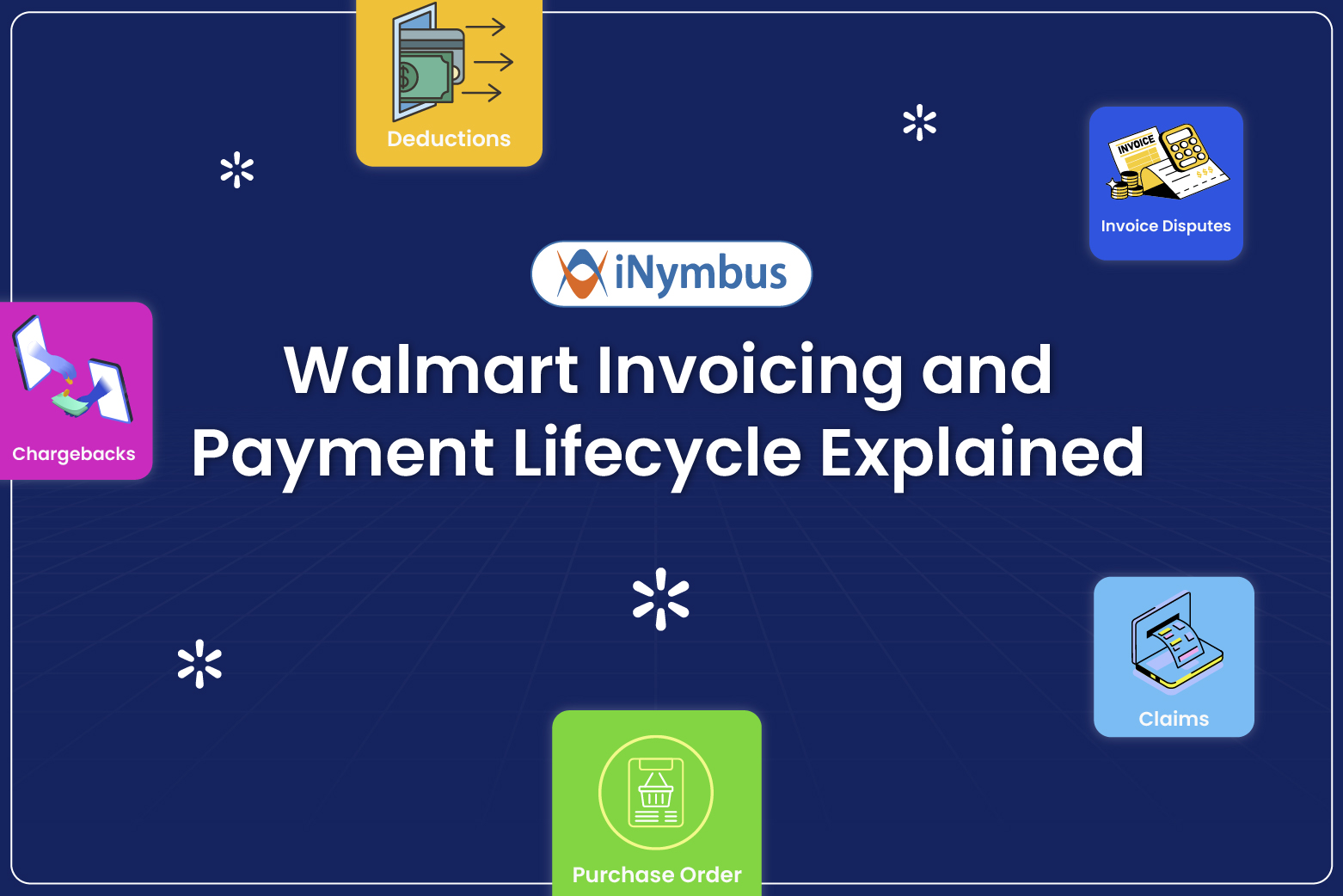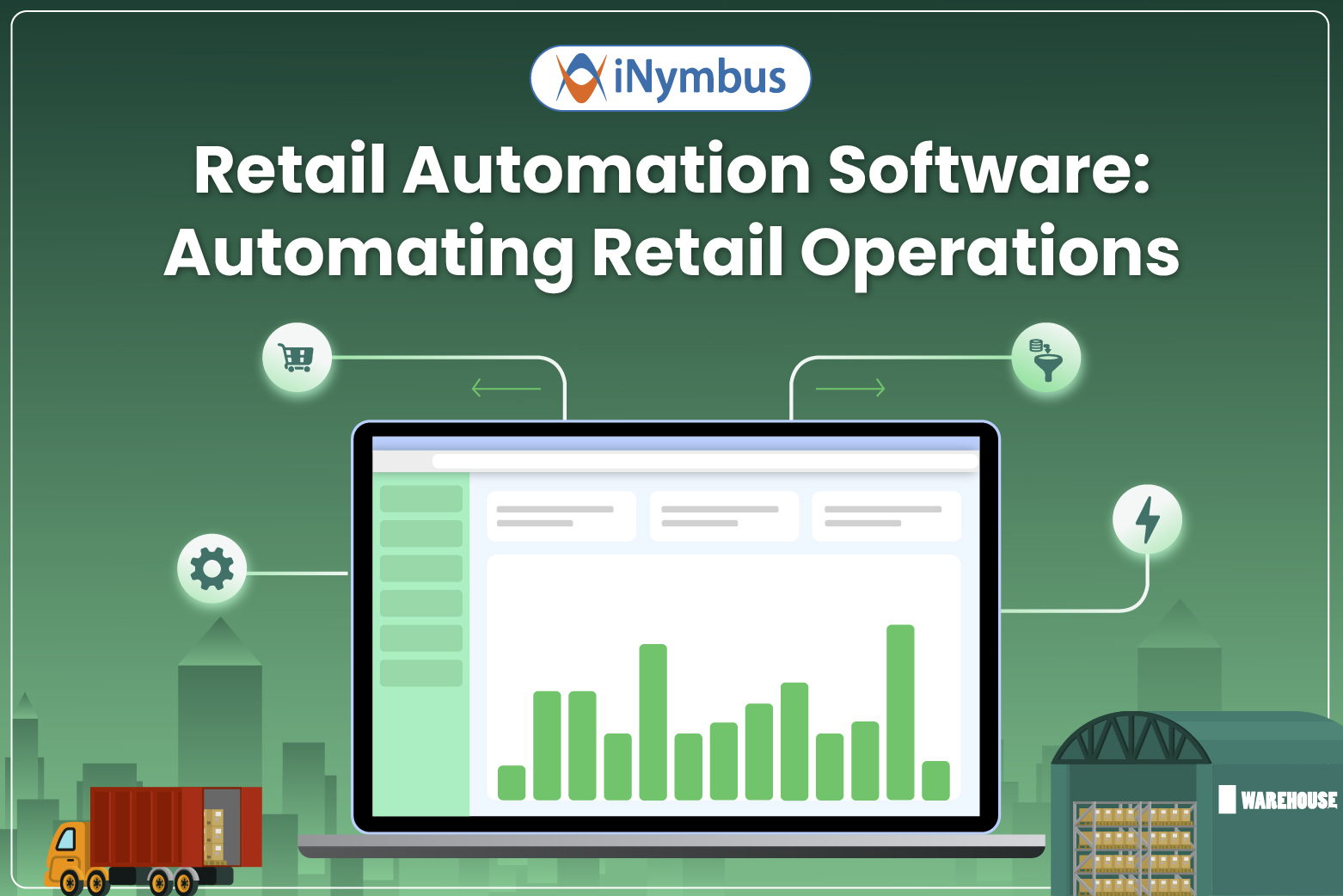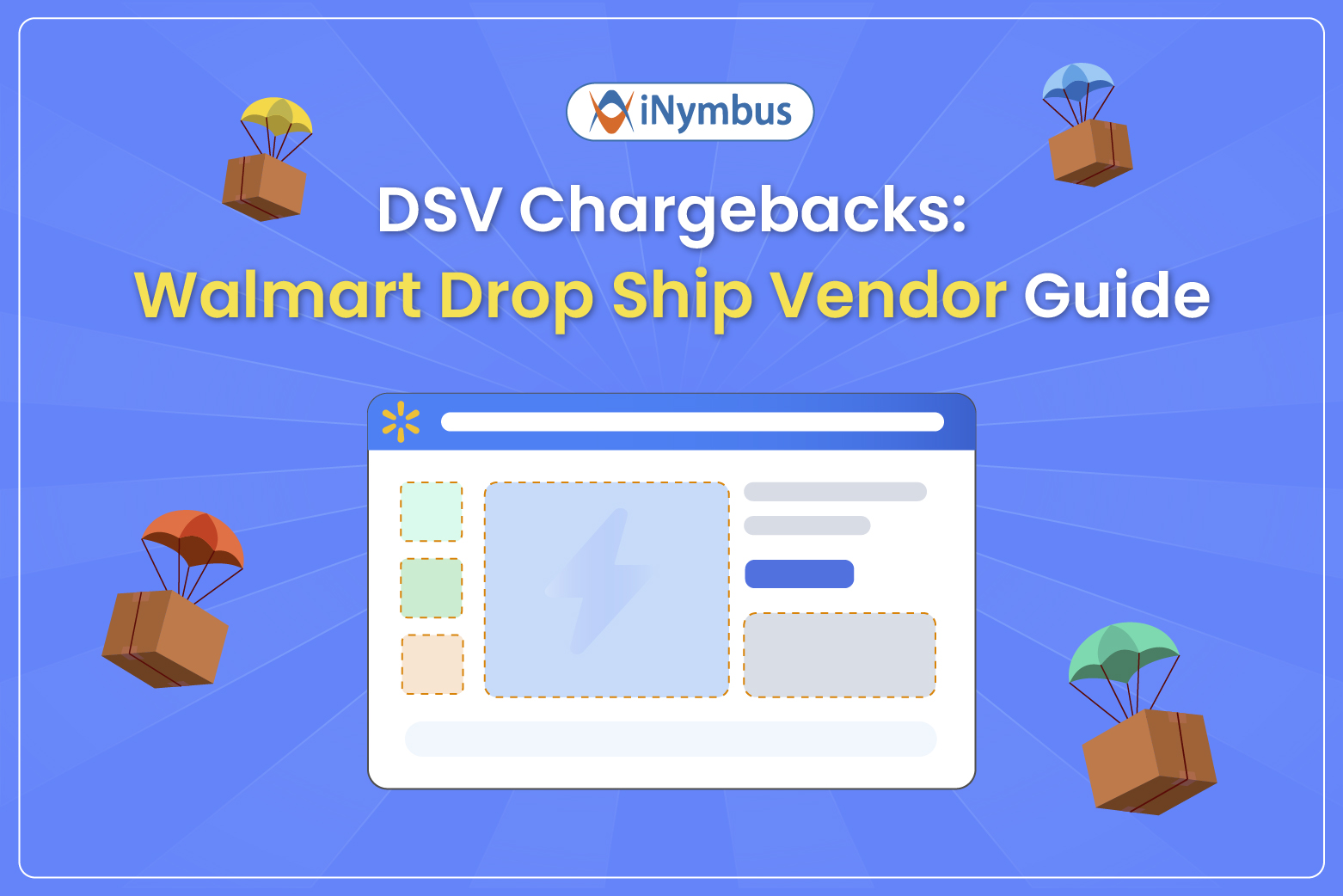Running a successful supply chain requires careful planning and attention to detail. Even small errors can increase costs and impact customer satisfaction. Vendor compliance helps prevent these issues by setting rules and standards for the supply chain.
Vendor compliance refers to a company's adherence to the standards, regulations, and agreements set by its suppliers. It ensures that both parties are on the same page when it comes to quality, delivery, and pricing.
If you’ve ever wondered why vendor compliance matters, how to navigate complex requirements, or how to avoid costly mistakes, this guide is here to answer all your questions.
Key Takeaways
- Ensuring vendors adhere to specific standards (e.g., quality, delivery, labeling) is essential for maintaining consistency and reliability in the supply chain.
- Labeling, packaging, delivery timelines, product quality, and EDI systems are standard compliance areas across most retailers.
- Non-compliance risks include financial penalties, supply chain disruptions, and damaged vendor relationships, all of which hurt profitability and trust.
- Using Electronic Data Interchange (EDI) improves data accuracy, speeds up processes, and enhances supply chain visibility.
What is Vendor Compliance? A Simple Definition and Overview
Vendor compliance is the practice of ensuring that vendors or suppliers meet specific standards and requirements agreed upon in a contract. These requirements include product quality, correct labeling, timely delivery, and adherence to pricing agreements. When vendors fail to meet these standards, it can lead to chargebacks, missed deadlines, and damaged relationships, ultimately affecting a company's bottom line.
For businesses, vendor compliance management involves overseeing these agreements and monitoring vendor performance to ensure they meet expectations. This process helps businesses avoid disruptions and penalties, keeping their supply chain running efficiently.
Why is Vendor Compliance important?
Vendor compliance is essential for several reasons, including:
- Cost savings: Compliant vendors reduce the risk of penalties and chargebacks that can eat into your profits.
- Operational efficiency: Clear and well-defined guidelines help vendors deliver products on time and in the correct condition, reducing errors.
- Stronger relationships: When both parties adhere to their agreements, trust is built, leading to long-term and productive business relationships.
- Brand reputation: Consistently delivering compliant products can enhance your brand’s reputation for reliability and quality.
The Importance of Vendor Compliance Requirements
Every retailer has its own set of vendor compliance requirements, but some common elements include:
- Labeling and packaging: Ensuring products are correctly labeled with barcodes and packed according to specific guidelines.
- Shipping and delivery: Meeting timelines for delivery and ensuring shipping methods align with agreed-upon specifications.
- Product specifications: Adhering to set quality, size, safety, and material standards.
- Electronic data interchange (EDI): Using EDI systems for accurate and efficient data exchange between vendors and businesses.
For example, Amazon requires vendors to adhere to strict packaging and labeling guidelines, while Costco emphasizes on-time delivery and accurate invoicing.
Retail-Specific Vendor Compliance Guides
Each retailer has unique compliance requirements. Here’s a quick overview of what you need to know:
1. Amazon vendor compliance guide
Amazon has strict guidelines for its vendors to ensure smooth operations across its vast marketplace. Key compliance areas include:
- Advance shipment notice (ASN): Suppliers must submit accurate and timely ASNs to avoid chargebacks for late or missing shipments.
- Purchase order (PO) management: Vendors must adhere to timelines, quantities, and shipping windows as specified in the PO to avoid penalties.
- Packaging and labeling: Any issues with carton weight, labeling designs, or shipping methods can lead to deductions or chargebacks.
Common chargebacks:
- ASN chargebacks: Up to $500 per violation for late/missing ASNs.
- Carton content accuracy: Penalties for incorrect packaging materials or labels.
- Shortage deductions: Issued for discrepancies between invoiced and received quantities.
2. Costco vendor compliance guide
Costco requires strict adherence to delivery, documentation, and freight compliance standards to avoid chargebacks and penalties:
- On-time delivery: Late deliveries or missed shipment windows result in chargebacks.
- Documentation accuracy: Accurate invoices, shipping confirmations, and delivery receipts must be provided as per Costco’s guidelines.
- Freight compliance: Unapproved carriers or incorrect shipping weights can trigger penalties.
Common chargebacks:
- PO quantity mismatches: Penalties for under-/over-shipping against Purchase Orders.
- Freight violations: Charges like TR11 (Expedited Freight) for unapproved shipping methods
3. Target vendor compliance guide
Target’s compliance guidelines focus on invoice matching, vendor performance, and ethical sourcing:
- Invoice match deductions: Penalties for carton shortages, damaged goods, or pricing discrepancies.
- Vendor performance: Compliance with delivery times, fill rates, and ASN availability is key to avoiding penalties.
- Ethical sourcing: Target requires vendors to maintain ethical sourcing practices, including not using unauthorized subcontractors or non-compliant factories.
Common deduction codes:
- A176 (Auto chargeback): System-generated for shortages or substitutions.
- TR08 (Backorder): Penalties for unapproved multiple shipments
4. Kohl’s vendor compliance guide
Kohl's focuses on ASN accuracy, packaging standards, and transportation compliance:
- ASN accuracy: Any issues with late ASNs, missing details, or incorrect store associations will result in penalties.
- Packaging standards: Issues like improper carton weight, incorrect label placement, or packaging errors can lead to chargebacks.
- Transportation compliance: Violations in routing and freight charges can incur penalties.
Common deduction codes:
- CR05: Missing heavy carton labels.
- UC01: Label placement or scanning errors
5. EDI vendor compliance
The use of Electronic Data Interchange (EDI) has become a key requirement for many retailers to ensure seamless communication and data exchange. Benefits of EDI compliance include:
- Reduced errors: EDI helps reduce the possibility of manual errors, ensuring that all information exchanged between the vendor and retailer is accurate.
- Faster processing: EDI speeds up processing times, improving the efficiency of orders, payments, and invoices.
- Improved supply chain visibility: EDI helps provide real-time updates and insights into inventory, shipments, and order statuses
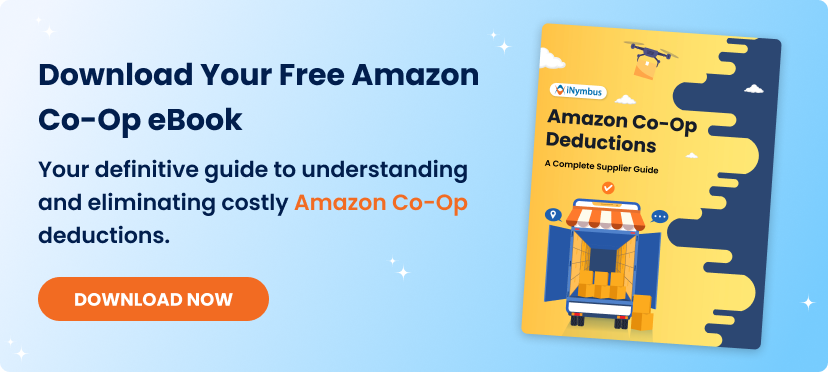
Understanding Vendor Compliance Risk
Non-compliance can create a range of risks, including:
- Chargebacks: Financial penalties for failing to meet specified standards.
- Operational disruptions: Delays or errors in the supply chain that can lead to missed sales opportunities.
- Damaged relationships: Failure to adhere to compliance requirements may result in losing vendor trust and future business.
To minimize these risks, businesses must implement robust vendor compliance solutions that automate processes, track compliance metrics, and provide real-time alerts.
Vendor Compliance Solution: How iNymbus Can Help
iNymbus provides an advanced automated software solution to simplify and streamline deduction management. By leveraging Robotic Process Automation (RPA), iNymbus eliminates inefficiencies commonly found in traditional chargeback handling methods.
- Works with over 40 major retailers, handling a variety of deduction claims and unique compliance requirements.
- Pulls essential documents like invoices and bills of lading directly from ERP systems, portals, EDI systems, and emails, saving time and minimizing errors.
- Speeds up dispute handling by up to 30 times compared to manual processes, significantly reducing operational costs.
- Adapts to businesses of all sizes and can be tailored to meet specific operational needs.
With iNymbus, you can focus on growing your business while we handle the complexities of vendor chargebacks.
FAQs for Vendor Compliance
1. What is a vendor compliance audit?
A vendor compliance audit reviews whether suppliers meet agreed standards like quality, labeling, and delivery timelines to ensure smooth supply chain operations.
2. What is an example of vendor compliance?
An example is Amazon's requirement for vendors to use correct barcodes and submit Advance Shipment Notices (ASNs) to avoid chargebacks.
3. What happens if a vendor doesn’t comply?
Non-compliance can lead to penalties, delayed shipments, operational issues, or damaged business relationships.
4. What are common elements of vendor compliance requirements?
Typical requirements include proper labeling, packaging, timely delivery, adherence to product specifications, and EDI system usage for data exchange.
